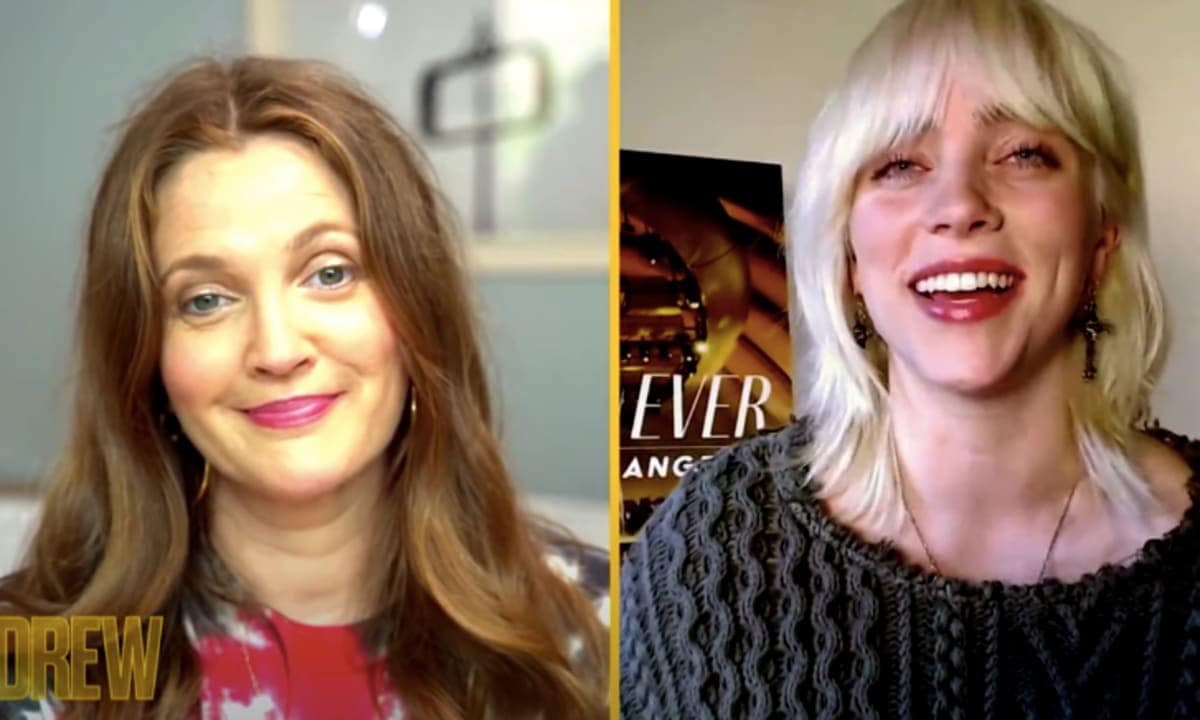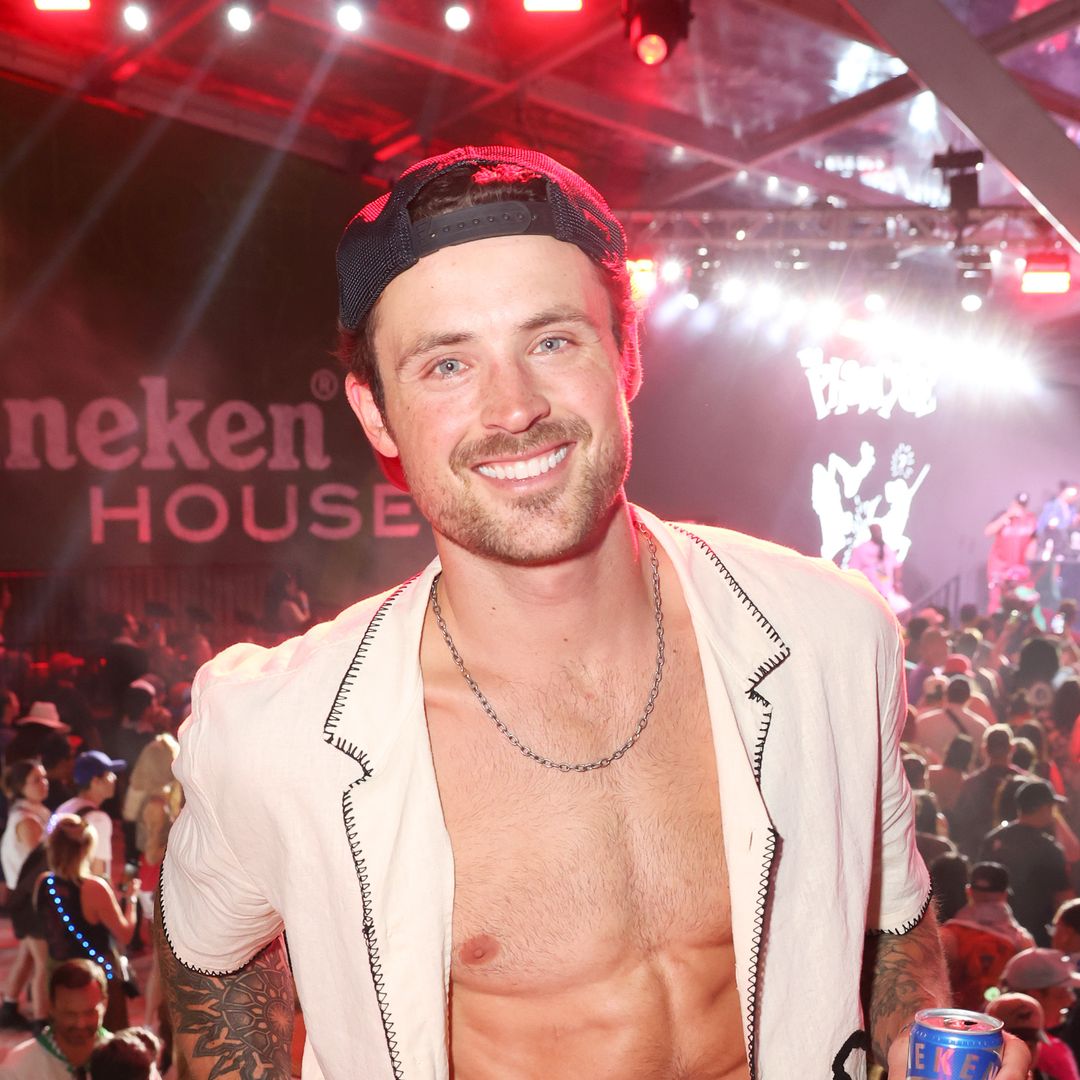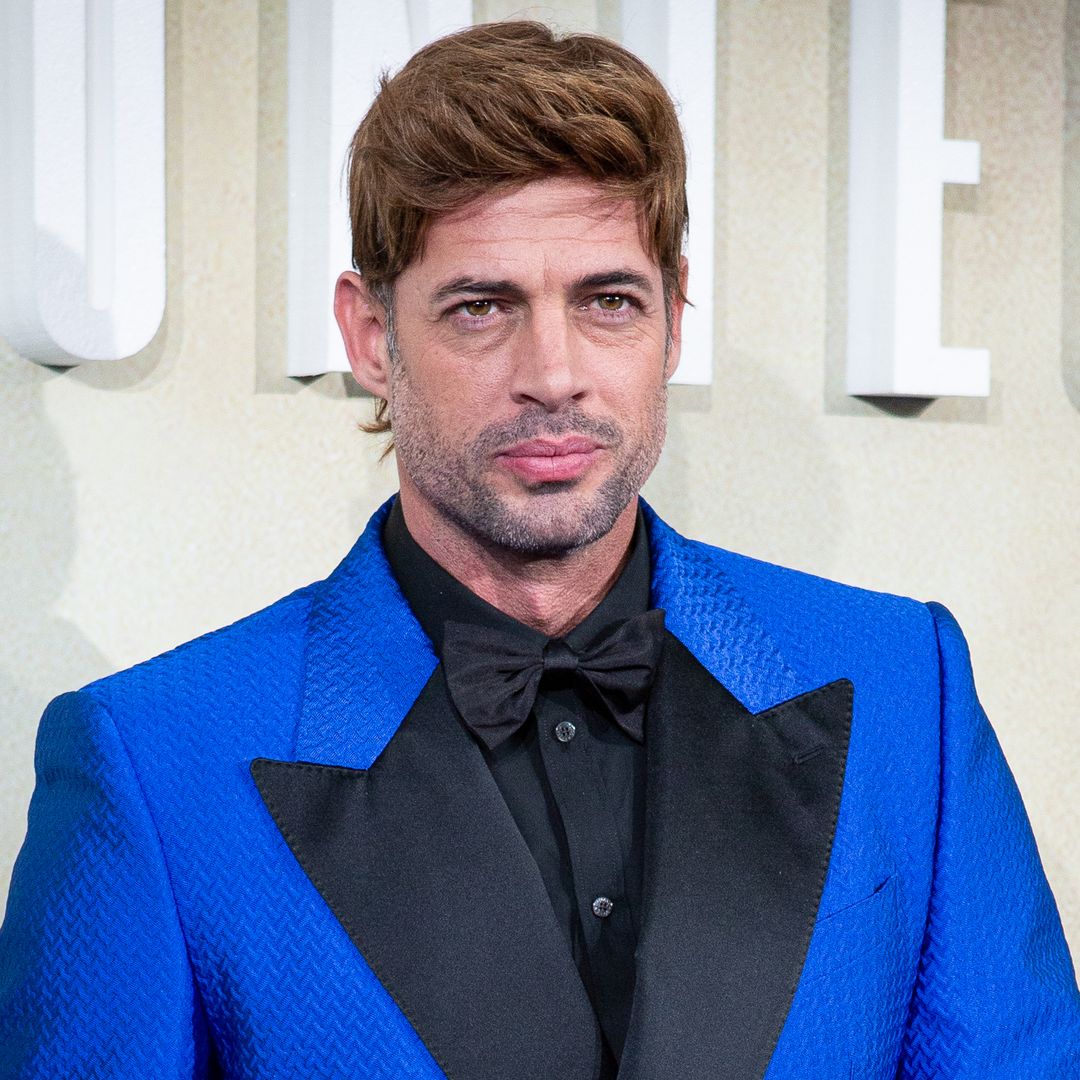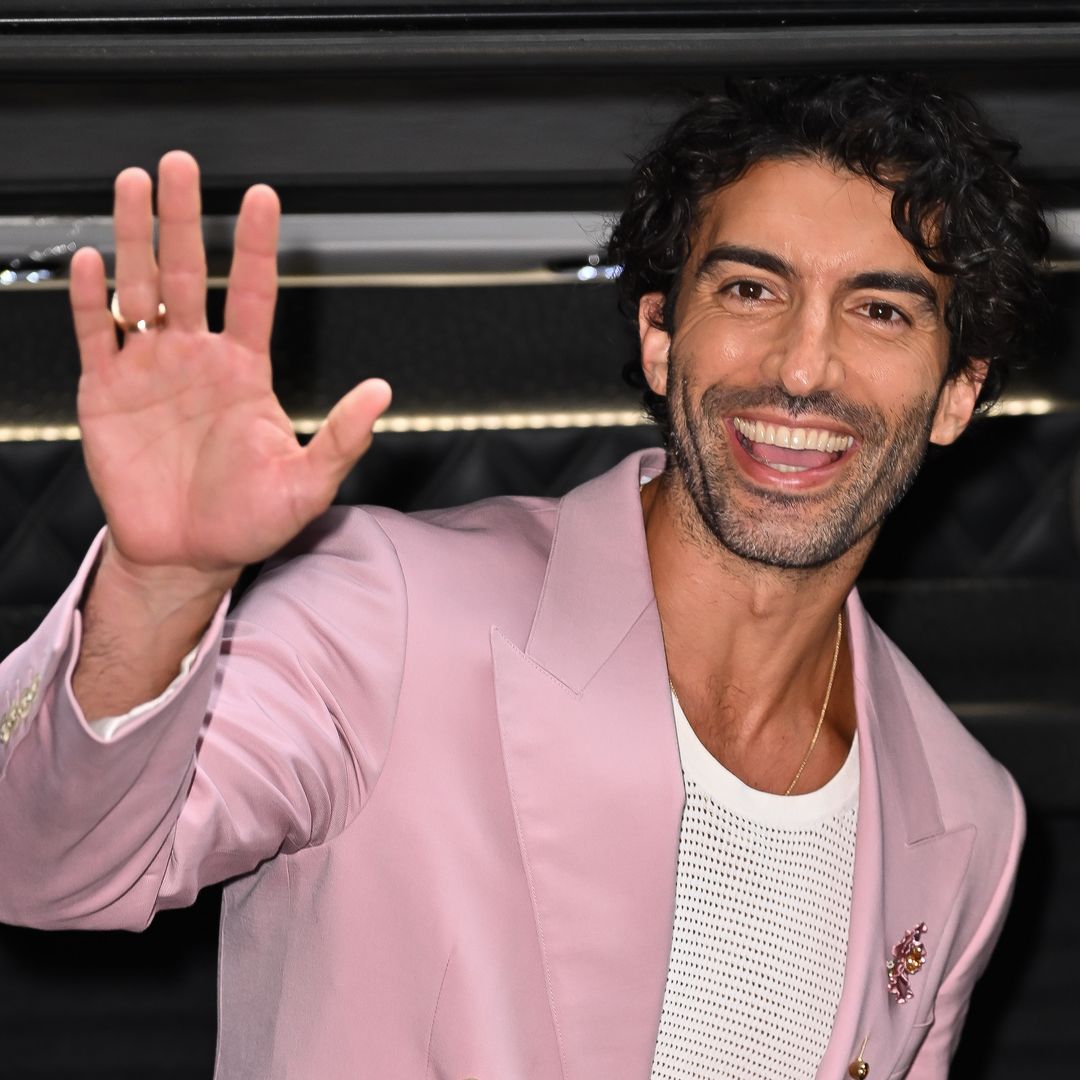Billie Eilish is opening up about how being in the industry has affected her confidence and changed her as a person. The Grammy award-winning singer joined The Drew Barrymore Show virtually on Thursday to talk about her new concert film “Happier Than Ever: A Love Letter To Los Angeles” where she admitted the media has torn away certain aspects of who she was. Barrymore is a longtime fan of the 19-year-old artist and asked how she learned to speak up and “tell things as it is”, referencing a point in the film when Eilish was vocal about how she wanted things done. Despite her success, Eilish said that she has always been very strong-willed but explained “the older I‘ve gotten, the less confident I’ve gotten.”
Eilish has taken over the music industry with her voice, heart, and beauty and you can hear her soul in her music. As for how she learned to speak up for herself, she told Barrymore, “You know I‘ve always been very, very strong-willed and honest, which I think is like a blessing and a curse.” She went on to explain she cried while rewatching the documentary after realizing how free-spirited she used to be. “The funny thing is that the older I’ve gotten, the less confident I‘ve gotten and it kind of made me like, because I re-watched the doc a few weeks ago, and it made me cry because I was thinking how free-spirited I was and how open-minded I was and then it’s like the media just like tears it away from you.” The “Lovely” singer seemed to tear up as she told Barrymore, “it‘s not fun right now so I’m trying to, I‘m figuring it out.”
Barrymore grew up in the industry as a child and knows the dark sides and assured Eilish she knew what she was going through. “Believe me, I get it,” she said. The “50 First Dates” star confidently told Eilish, “I have such faith that you will because even when you are struggling, you are aware of the struggle.” As the conversation flowed the powerful and strong entertainers decided that they should be best friends. “Can we just be best friends? I love you” Eilish told Barrymore- who had a physical reaction to the proposition.
,type=downsize)





